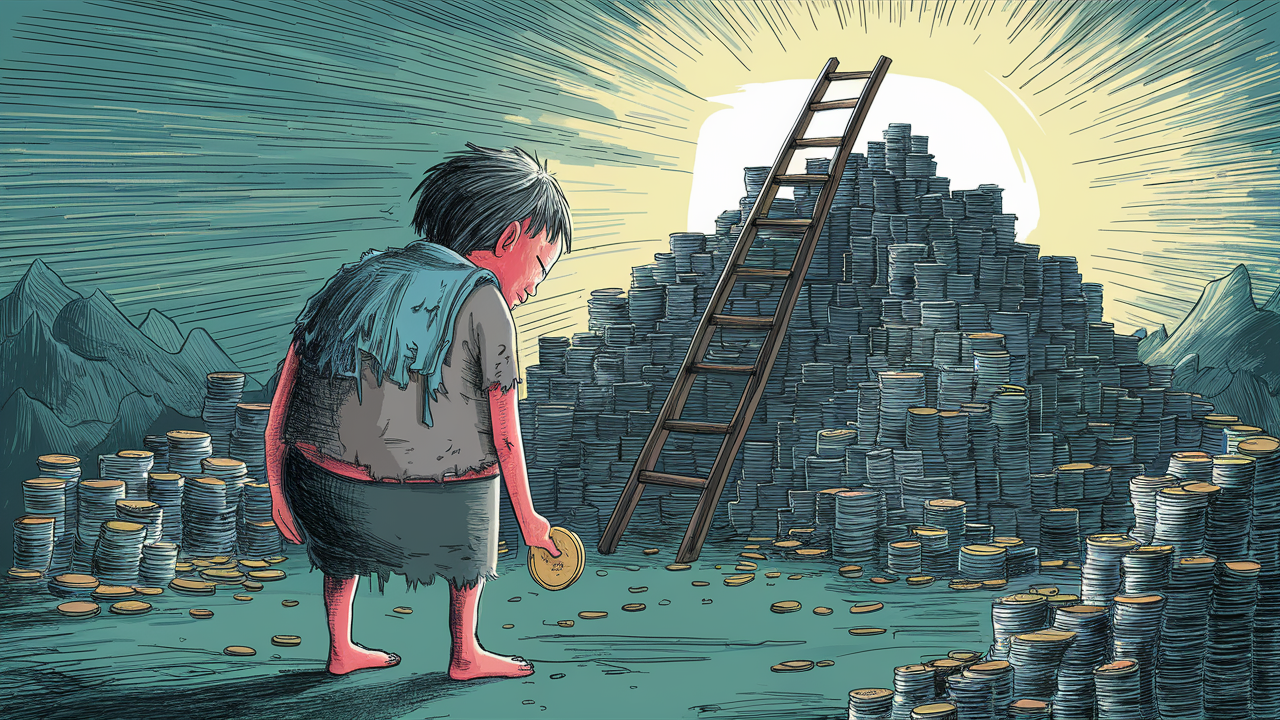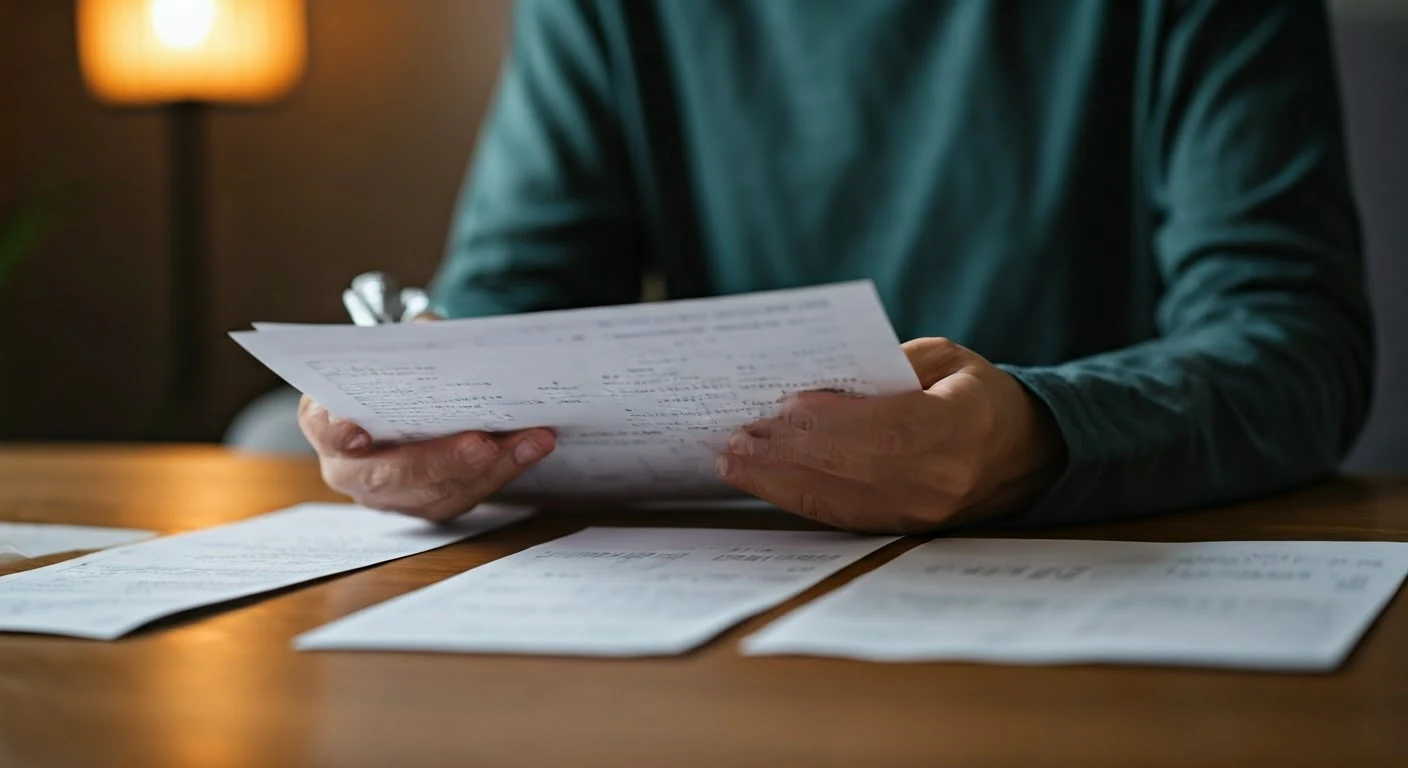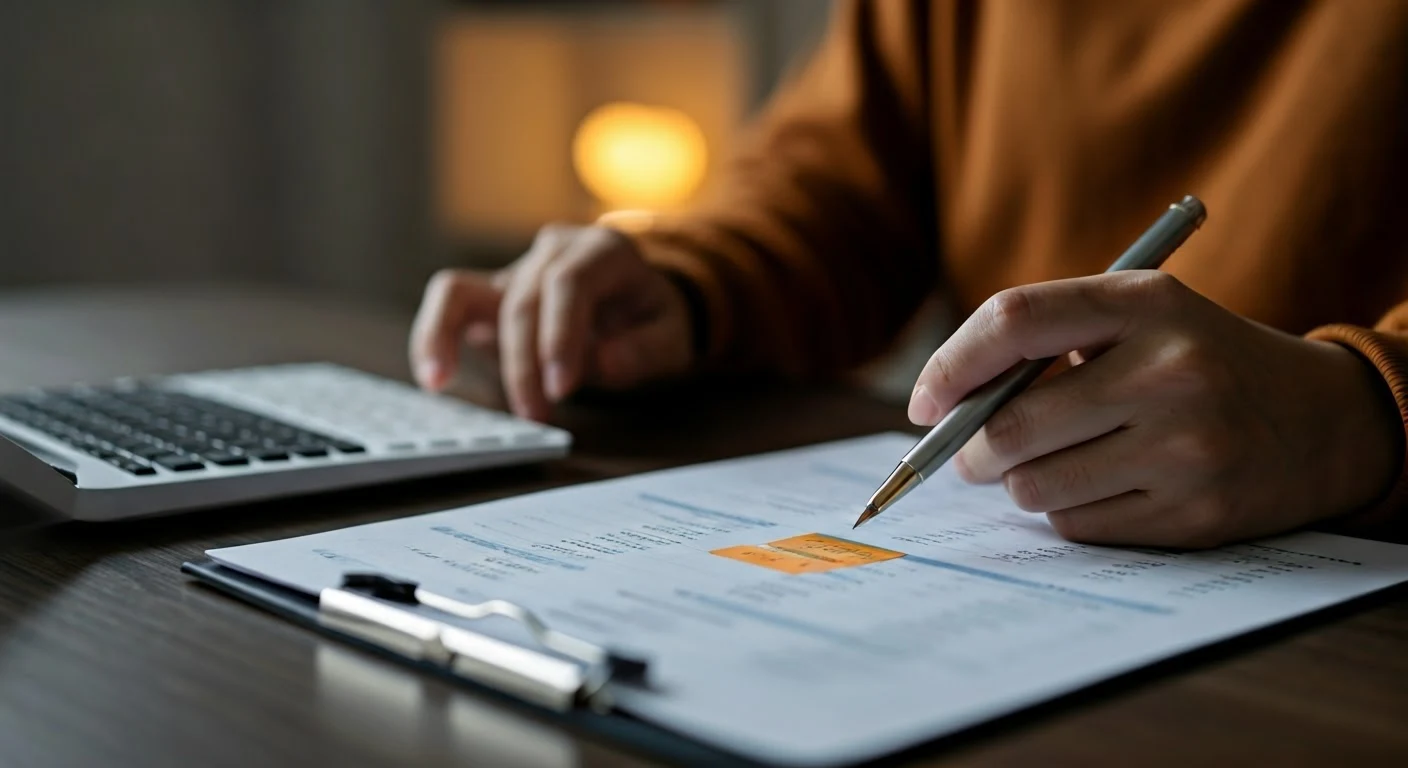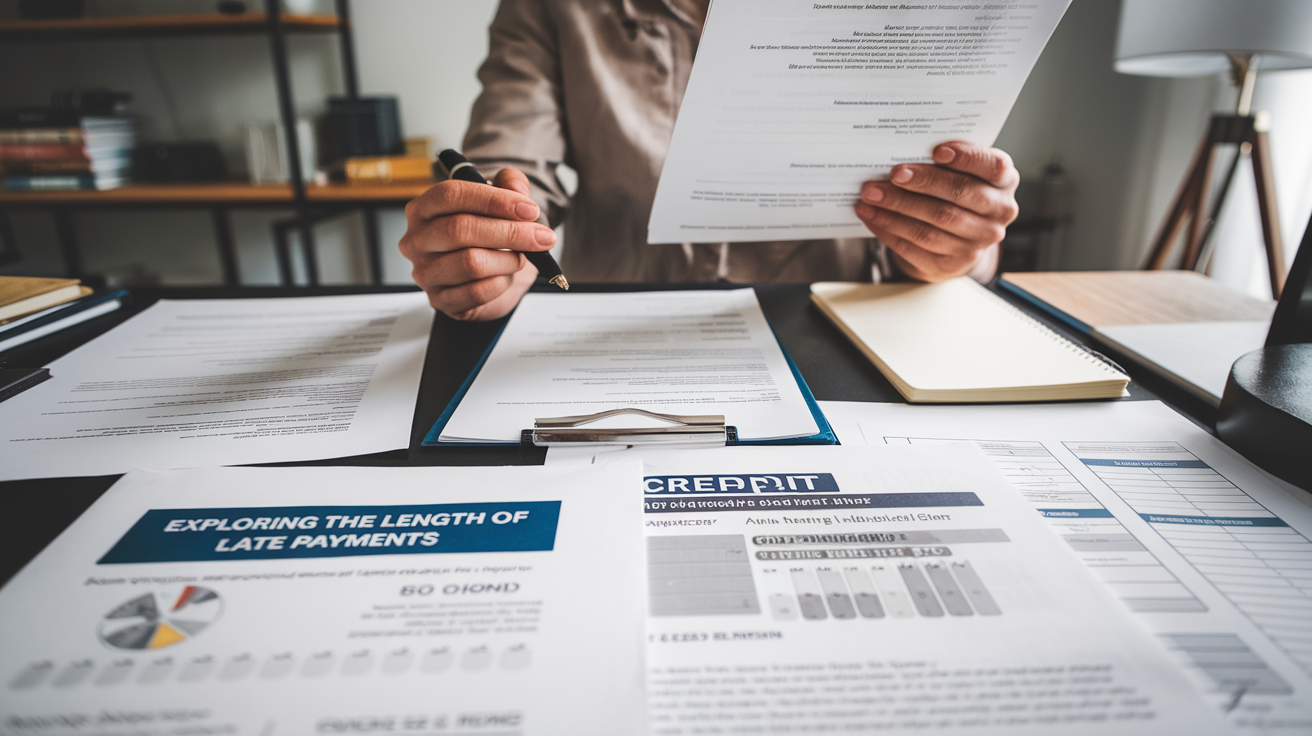-
Posted on: 16 Jul 2024

-
How Do You Pay Off Debt When You Are Poor?
While everyone finds paying off debt difficult, individuals who are having financial difficulties will find it extra tough. Still, it is not unachievable. Even individuals with few resources may advance toward being debt-free with diligent preparation, dedication, and a positive attitude. Here are some techniques that could be useful:
1. Assess Your Financial Situation
Examining your financial condition in great depth comes first. List all of your debts, including credit cards, school loans, medical expenses, and any other commitments. Notable among the due dates, minimum payments, and interest rates are. This will enable you to see your obligations and assist you in ranking which debts you should start with first.
2. Create a Budget
Effective financial management calls for a budget. To find out where your money is going, track your income and spending. Determine where, even in small amounts, you may reduce down. Every dollar you save may go toward debt payoff. In this process, free budgeting tools and applications may be really useful.
3. Increase Your Income
Finding strategies to boost your income—even momentarily—helps you to pay off debt more quickly. Think about doing freelance, part-time, gig economy employment like food delivery or ride-share firm driving. Extra money may also come from side businesses or sales of secondhand goods.
4. Prioritize High-Interest Debt
First, concentrate on clearing credit card amounts and other high-interest debt. Longer loan terms mean more interest builds up, which makes pay-offs more difficult. To start momentum, utilize the avalanche approach—which targets high-interest debt first—or the snowball technique, which emphasizes paying off the lowest debt first.
5. Negotiate with Creditors
Get in touch with your creditors without delay to work on better terms. Tell them about your financial condition and ask if they may cut your monthly payments, lessen your interest rates, or perhaps settle for less overall. If you are trying to pay off your debt, many creditors are ready to collaborate with you.
6. Consolidate Your Debts
Consolidating debt might help you simplify your payments and maybe cut your interest rates. This entails getting a new loan to settle many debts, therefore leaving one monthly payment. Options include home equity loans, debt transfer credit cards, or personal loans. This strategy calls on solid credit and discipline to prevent acquiring fresh debt, so be careful.
7. Utilize Assistance Programs
Research government or non-profit initiatives providing counseling or financial support. To assist you in controlling your debt, groups like the National Foundation for Credit Counseling (NFCC) provide either free or low-cost programs. Certain local groups and charities also provide emergency funding or financial help.
8. Adopt a Frugal Lifestyle
Living frugally helps you to liberate more money for your debt. This might involve canceling unwanted subscriptions, cooking at home instead of dining out, or looking for less expensive options for required spending. Though it calls for a change of perspective, over time, the savings may be really large.
9. Avoid New Debt
Avoiding new debt is vital even while you attempt to pay off current debt. Fight the want to buy non-essential items using credit cards. To keep inside your budget, if at all feasible, pay with cash or a debit card.
10. Stay Motivated and Patient
Dealing with debt is more of a marathon than a sprint. One needs patience and tenacity. Create reasonable, modest objectives and acknowledge your development along the road. Remind yourself often of the advantages of debt-free living—including lower stress, better credit score, and financial independence.
Conclusion
While it is difficult, paying off debt while impoverished is doable with the correct plans. You can steadily move toward being debt-free by evaluating your financial situation, developing a budget, boosting your income, giving high-interest debt top priority, negotiating with creditors, consolidating debt, using help programs, leading a frugal lifestyle, avoiding new debt, and staying motivated. Remember, every little action matters, and over time, these initiatives will result in notable financial growth.
Call now for expert credit repair services: (888) 803-7889










